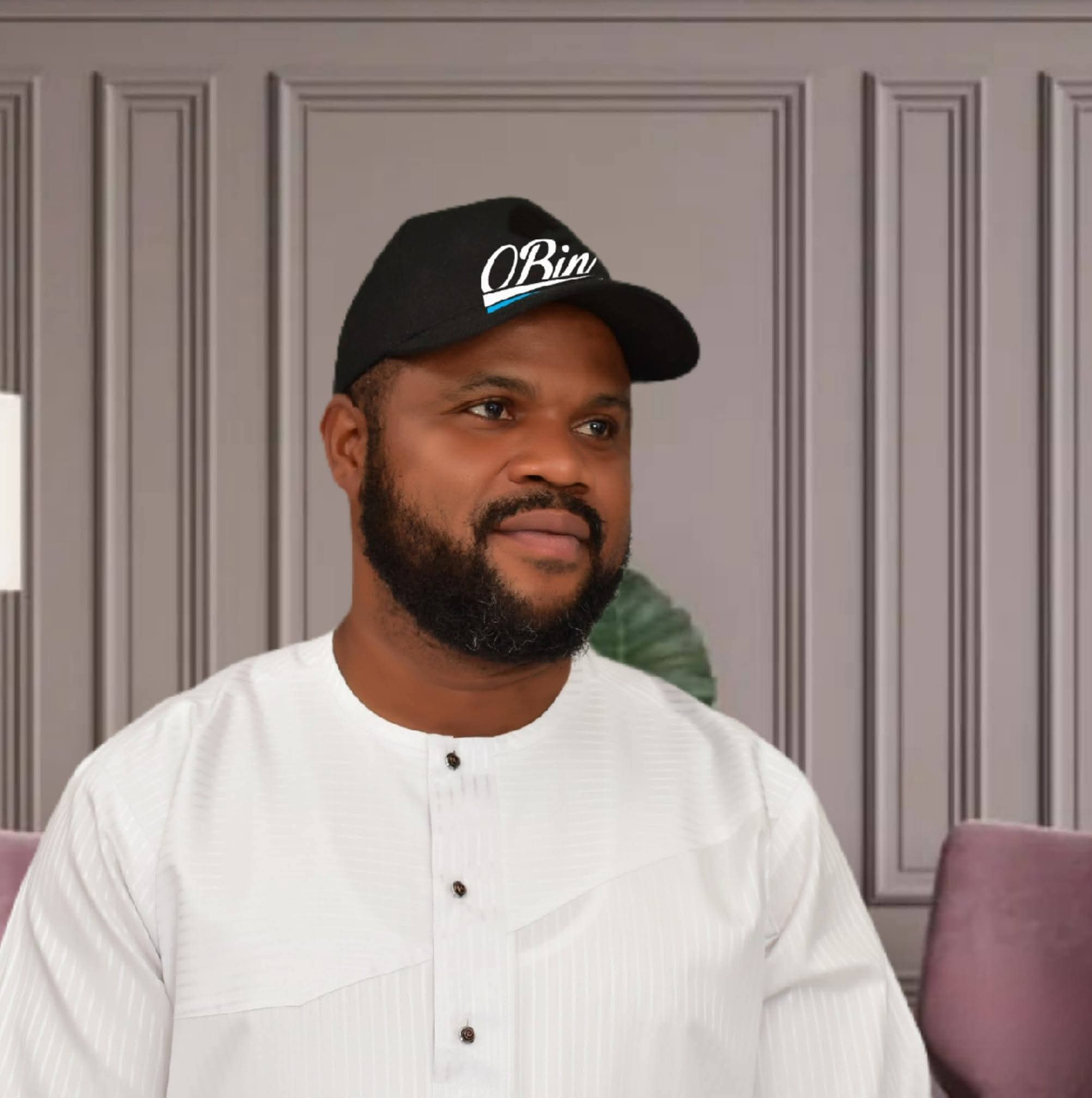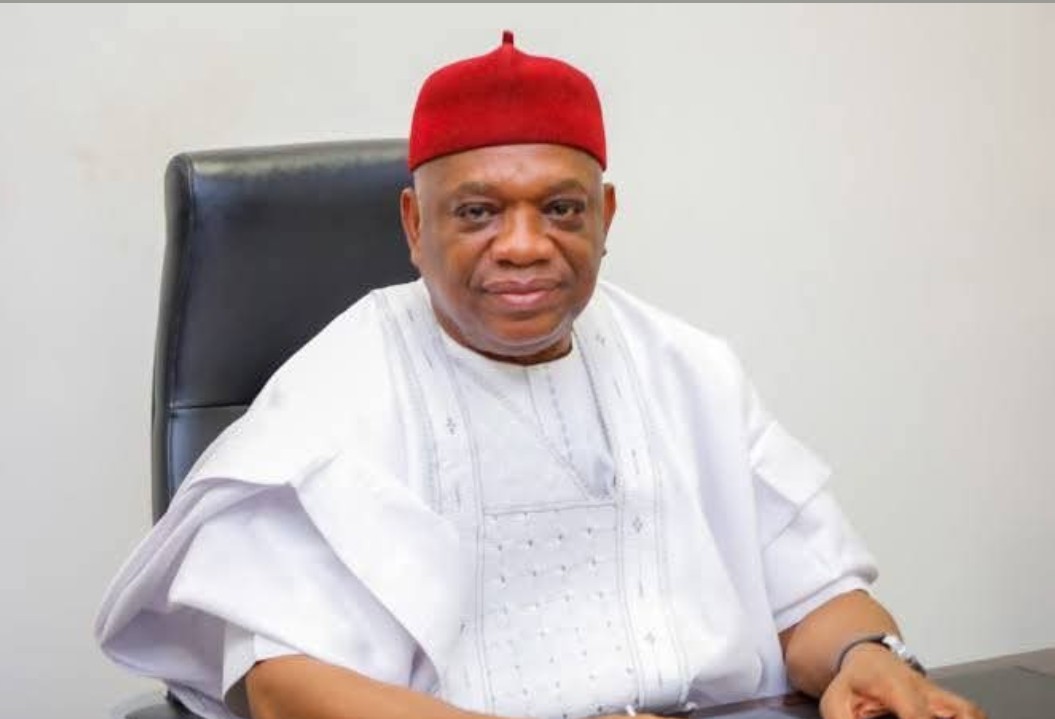Concerns are mounting over the unchecked spread of dangerous and misleading information in Nigeria’s digital space, with experts calling for urgent government regulation of social media influencers who dispense “life-altering advice” on critical matters like health, finance, and law without verifiable qualifications.
The demand for accountability comes on the heels of a recent move by China’s Cyberspace Administration of China (CAC), which now mandates that influencers discussing professional subjects must provide proof of their credentials. Analysts suggest this principle is one Nigeria must adopt to combat what is increasingly viewed as a public health and financial crisis.
According to critics, the Nigerian digital landscape has devolved into a “chaotic and dangerous marketplace of ideas” where unqualified individuals act as “new oracles.”
The consequences are moving from abstract confusion to “lethally concrete” damage, particularly in the health sector. The internet is saturated with unverified claims, with self-styled gurus promoting unregulated herbal concoctions and warning against scientifically sound treatments.
“People are abandoning proven medical regimens for dangerous, unverified alternatives, trusting a charismatic face on a 60-second video over years of rigorous scientific research,” one analysis noted. This trend is causing a dangerous erosion of public trust in established medical institutions.
The problem extends deeply into financial markets. Unqualified financial gurus, often lacking formal training or licensed advisory status, are exploiting the economic anxieties of the struggling population. They promote opaque forex schemes or cryptocurrency investments, leading to devastating financial losses for thousands of Nigerians.
“When a financial influencer convinces thousands to invest their life savings in a phantom forex scheme, we are witnessing not just a scam, but the collapse of critical thinking, facilitated by an unregulated platform,” the critique stated.
Proponents of regulation argue that calls to action should not be mistaken for an attack on ‘free speech.’ They draw a clear line between the right to an opinion and the right to present an unqualified opinion as expert advice.
“Free speech protects the right to an opinion; it does not grant an unqualified opinion the right to masquerade as expert advice,” the analysis argues, noting that in the physical world, licensure is mandatory for surgeons, lawyers, and engineers.
A potential solution for Nigeria is a nuanced, collaborative model involving regulatory bodies like the Medical and Dental Council of Nigeria (MDCN) and the Securities and Exchange Commission (SEC).
These bodies could partner with social media platforms to:
Implement a Verification System: Requiring influencers claiming to give medical or financial advice to display a digitally verified badge linked to their professional license.
Platform Accountability: Mandating platforms, which profit from the content, to proactively implement credential checks for accounts positioning themselves as authoritative sources.
The central issue, according to the analysis, is whether the nation values the “convenience of an unregulated digital Wild West over the safety and intellectual integrity of our citizens.” The current system, it concludes, empowers the loudest and most charismatic, not the most knowledgeable, making regulation a foundational step toward a safer and more informed digital public square.




